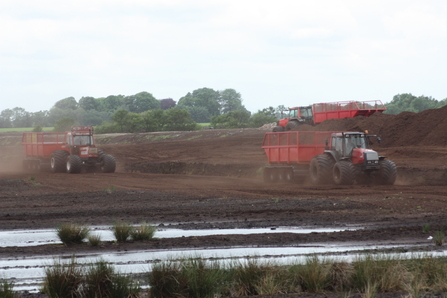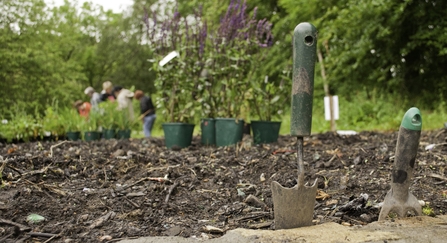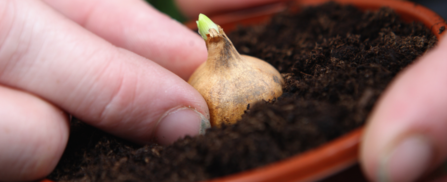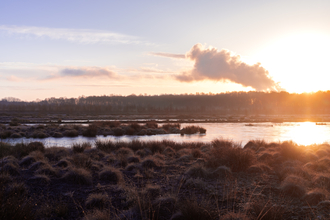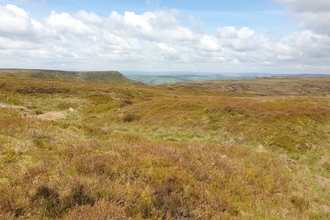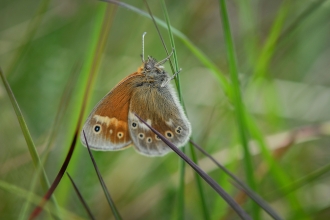From 2024 you will no longer be able to buy bags of compost containing peat. Whilst this is an amazing step in the right direction, we can not expect a total ban on the use of peat in horticulture until 2030. However, the power is in our hands to make a difference and go 100 per cent peat-free in our gardens today.
Check out our suggestions for some of our favourite peat-free products and suppliers (both local, national and online), but we’d love to be able to keep adding to this list so please get in touch with any of your favourites (we would especially love to be able to feature more local suppliers) that we may have missed.


